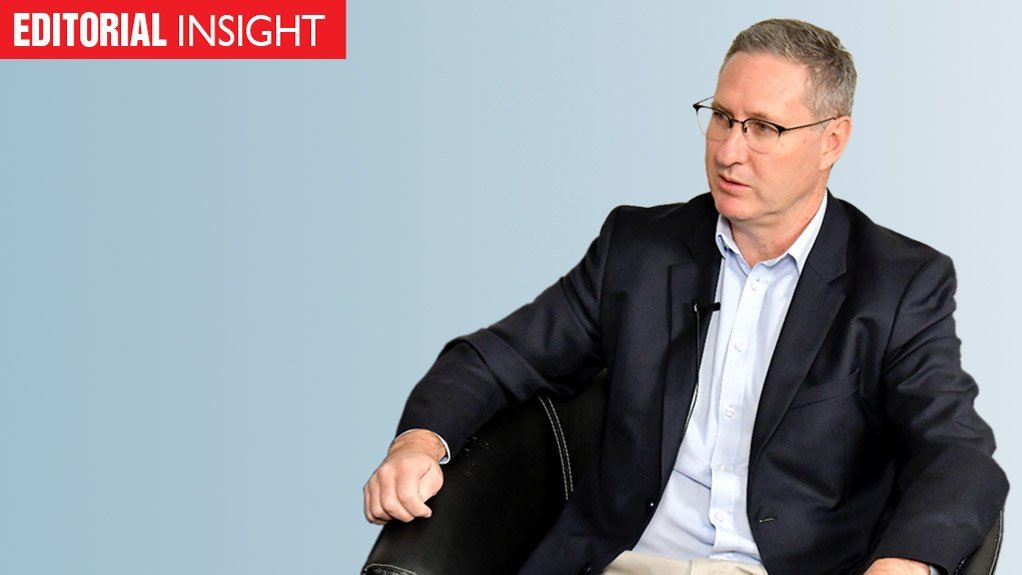The current scepticism surrounding the prospects for green hydrogen in South Africa and globally is only natural. A gap was inevitably going to arise between what many have termed “hydrogen hype” and the time it takes to advance what is really a policy-driven solution; one underpinned by the goal of decarbonising activities that are not easy to electrify directly.
In addition, it’s a solution that depends not only on supportive policy, regulation and initial subsidisation to stimulate demand. It is also reliant on a combination of technologies (renewables generators, electrolysers, desalination plants, derivatives factories), the availability of natural resources (sun, wind, land and water) and a broader ecosystem that involves complex financial engineering, challenging legal reform and contracting, the raising of significant capital and the building of new and/or repurposed infrastructure (pipelines, storage facilities and import and export terminals).
In such a context, the less hype the better. Especially given the risk of failure with each and every project-development step and the long gestation period for reaching a final investment decision, let alone production.
Indeed, without the hype, there would have been far less frustration over the seemingly endless flow of ‘letters of intent’ to buy green hydrogen that may or may not eventually translate into the firm offtake agreements required to make projects bankable.
The green-hydrogen cause has also not been helped by the fact that its proponents have tended to focus on the most headline-grabbing end uses, such as passenger vehicles. Here, hydrogen faces immediate competitive pressures when held up against the already commercial battery electric vehicle, which also meets decarbonisation objectives but has the added advantage of being able to use electricity directly, making it a good solution for converting renewable electricity into mobility.
Such a narrow focus has resulted in unhelpful ‘techno wars’ between the likes of Tesla’s Elon Musk, who has described the hydrogen fuel-cell as “dumb” and Australian billionaire and green-hydrogen champion Andrew Forrest, who has labelled those questioning the future role of hydrogen, including Musk, as “muppets”.
It would have been preferable had the proponents of green hydrogen focused, instead, on its potential in areas such as steelmaking, chemical production, shipping and aviation, which are considered ‘hard to abate’ through the direct use of renewable electricity.
If there is to be any hope beyond the hype, it is vital that these end uses begin gaining prominence.
That said, it’s also now time for action rather than words. Visible project progress is needed, alongside evidence that the nascent industry can deliver on its promise to progress electrolysers along the technology learning curves that have enabled wind, solar PV and battery costs to fall dramatically and break free of subsidisation.
If that happens, South Africa is in a good position to emerge as a global production hub. Besides its natural advantages, the country has a significant hydrogen pedigree built on coal by Sasol; a pedigree that could facilitate value addition ahead of export from day one.
Edited by: Terence Creamer
Creamer Media Editor
EMAIL THIS ARTICLE SAVE THIS ARTICLE
ARTICLE ENQUIRY
To subscribe email subscriptions@creamermedia.co.za or click here
To advertise email advertising@creamermedia.co.za or click here













